'I'm a Traveller and too anxious to go to school'
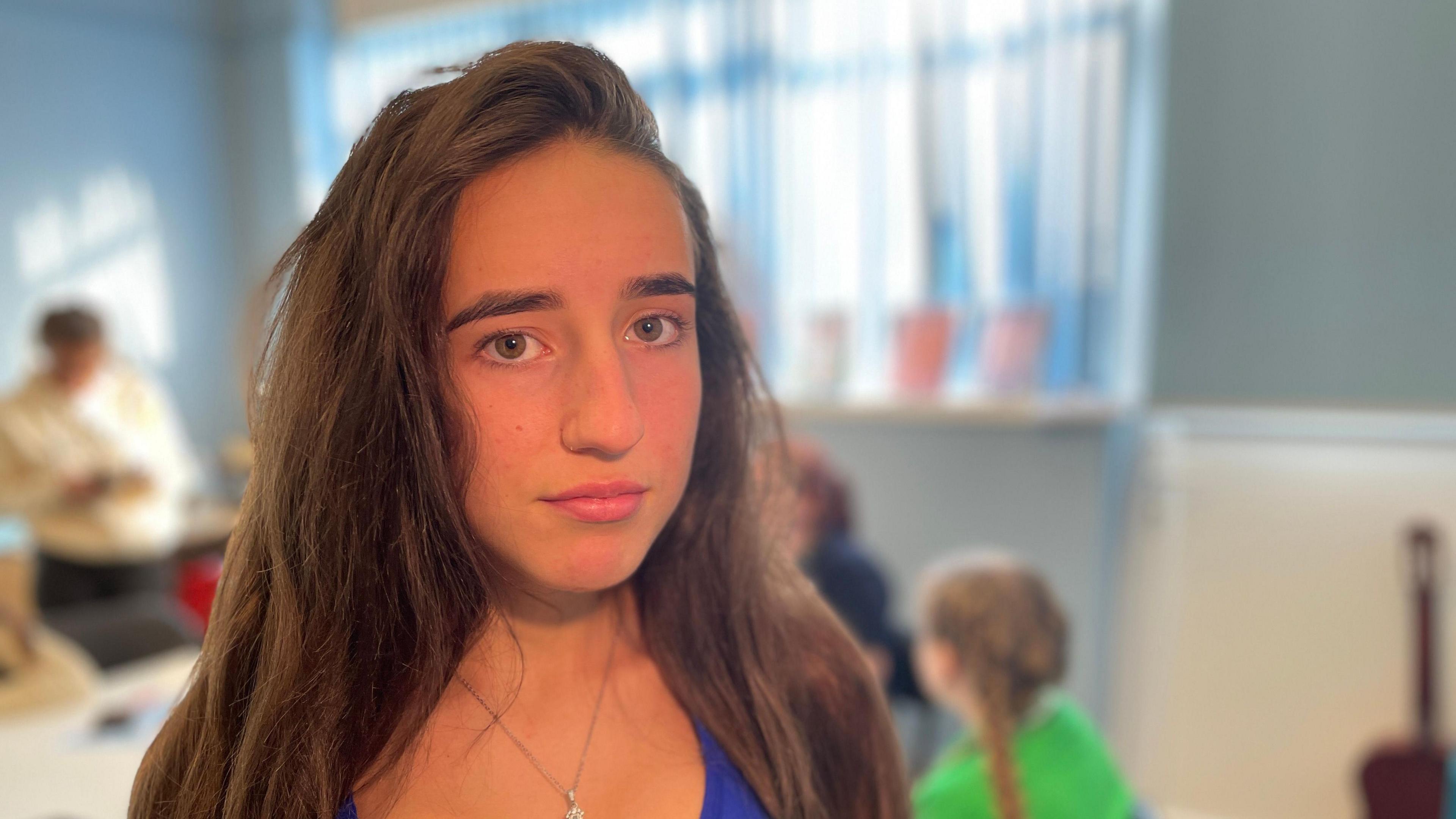
Edee is one of the Traveller children the charity Leeds GATE supports
- Published
"When I was going to school, the other pupils just didn't understand our culture. I felt isolated and different to them."
Edee is just 14, but the Irish Traveller girl from Leeds is now educated at home because of the difficulties she experienced at a mainstream school. She left at the age of 12.
She is not alone. In the autumn term of the last academic year, Traveller children had the highest persistent absence rate of any ethnic group, with almost two thirds missing at least one school day in 10.
This is more than three times higher than England as a whole, Department of Education data shows.
'Discriminated against'
Many say they dropped out because they were being “bullied and discriminated against,” according to Leeds Gypsy and Traveller Exchange (GATE), which supports the Traveller and Romani Gypsy community.
Grace Cunningham, who works for the charity, finished school and is the only person in her Traveller family to have a degree.
She says: “Some parents take their children out for cultural reasons and they want them to follow the cultural norms, but then some take them out because if a child is getting bullied and is depressed, for the parents, the kinder thing to do is to take them out of school and home educate them.”
Traditionally, Irish Travellers are a nomadic community and their lifestyle is often centred around their extended families.
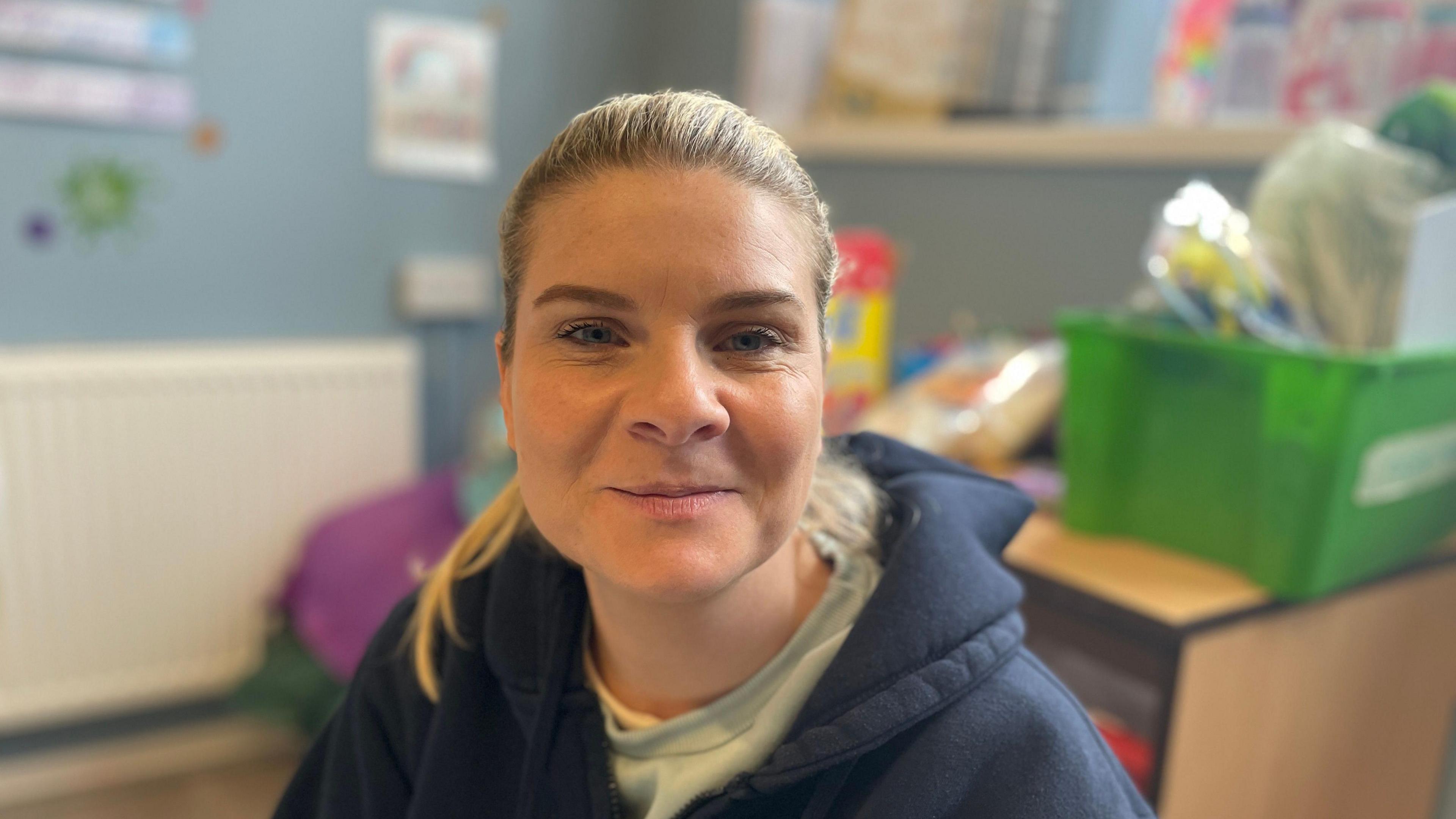
Grace Cunningham is passionate about keeping Traveller children in education
Grace herself was pulled out of school as a child but enrolled in college as an adult to further her education.
She describes the Traveller culture as being "old-fashioned with conservative values".
Boys are expected to go to work with their fathers after primary school and girls to help their mothers with household tasks.
She believes that children who stay at home can struggle with social skills and become more marginalised as a result.
“They are quite isolated because they haven’t had the experiences other children their age, at school, have had,” she says.
'Education for all'
Leeds GATE runs special study groups for Traveller children who are not attending school.
For some, it is the only time they see people outside of their own family.
Donna Marie, 13, has been taking part since she stopped going to school this year. She says it is “better than sitting at home” and “better than school because there are more Travellers here so I feel more included”.
She says she had attended primary school with all of her cousins but left secondary school because she had been by herself and “people kept asking me if I was a Traveller” which made her feel “different and not the same as everyone else”.
When she is not attending the study sessions, she spends her time helping her family and cleaning their trailer.
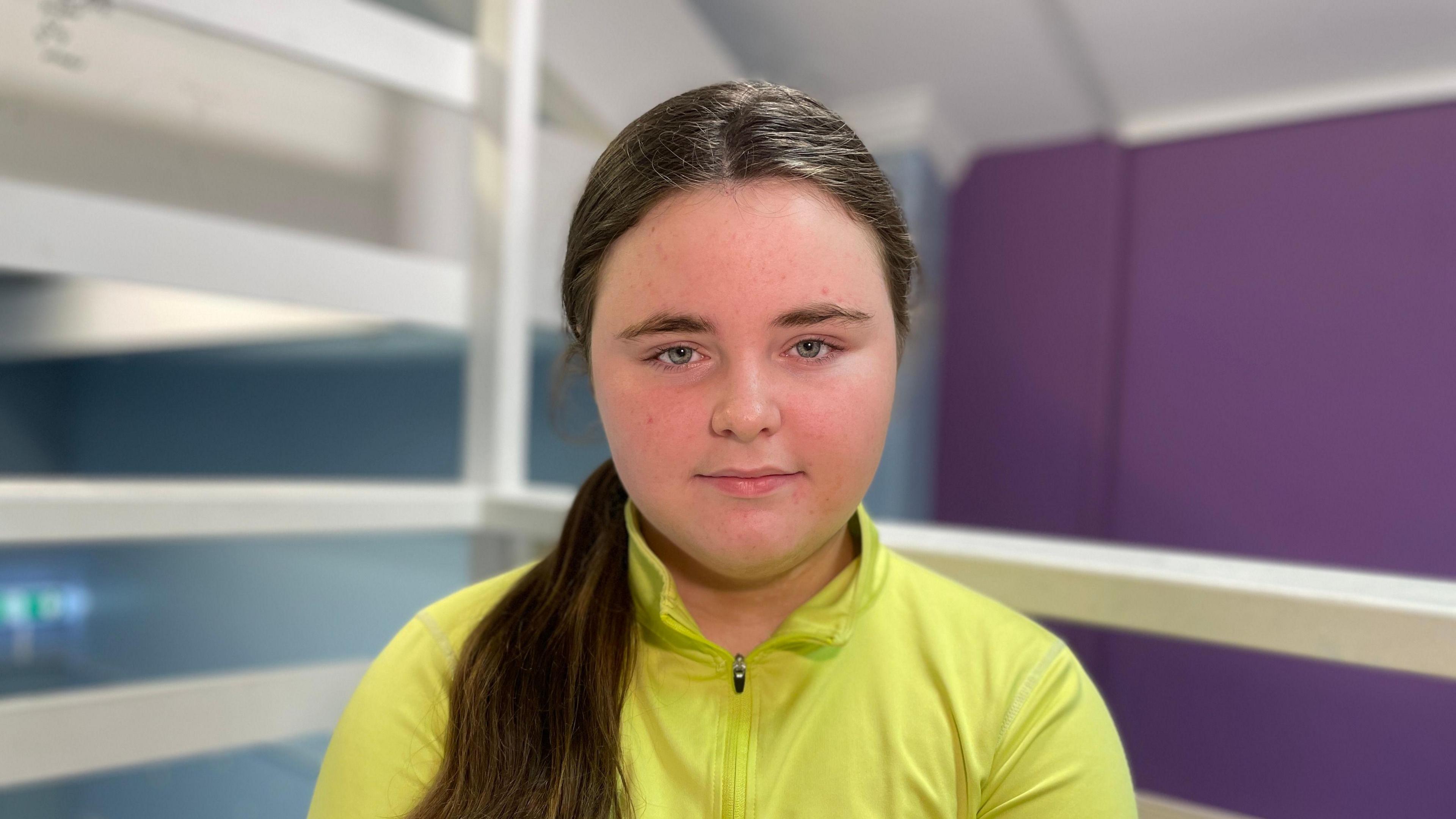
Donna doesn't feel as anxious now she's left school
In Yorkshire and the Humber, where Leeds GATE is based, 56% of Irish Traveller children were persistently absent in autumn 2023, compared with 21% across all ethnic groups in the region.
The charity’s CEO, Ellie Rogers, has worked with the Traveller community for 10 years and feels the situation has not improved.
“We’ve not got to the point yet where parents feel safe enough for their children to attend school,” she says. “We used to have education teams funded by the government to help Gypsy, Roma and Traveller communities to be more included in schools and that’s all gone now.”
She says more structural changes are needed within schools, such as employing more Gypsy and Traveller staff so the community felt included and valued in the school environment.
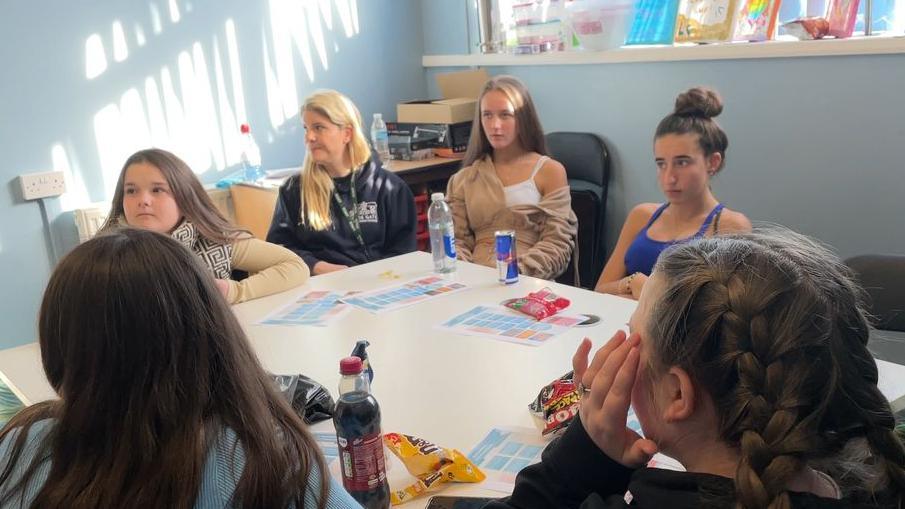
Some of the young people Leeds GATE have supported have re-entered mainstream education
In response to the concerns, the government's Children's Commissioner for England, Dame Rachel de Souza, said every child should be able to attend school without fear of harassment or discrimination.
“It's simply unacceptable for any child to face bullying or discrimination, and schools should have robust policies in place to deal with this type of behaviour,” she said.
“As Children’s Commissioner, I am determined to use my role to make the right to education a reality for all children.”
A Department of Education spokesperson said: “Tackling the national epidemic of school absence is a top priority for this government, because we know how important attendance is if we are to truly spread opportunity across the country.
“Absence rates for Irish Traveller children have started to gradually reduce but we recognise there is more work to be done.”
Government strategies to reduce absenteeism include providing more access to specialist mental health professionals, introducing free breakfast clubs and ensuring earlier intervention for pupils with special needs.
Additional reporting by Miguel Roca-Terry and Jonathan Fagg
Listen to highlights from West Yorkshire on BBC Sounds, catch up with the latest episode of Look North or tell us a story you think we should be covering here, external.
- Published18 April 2022
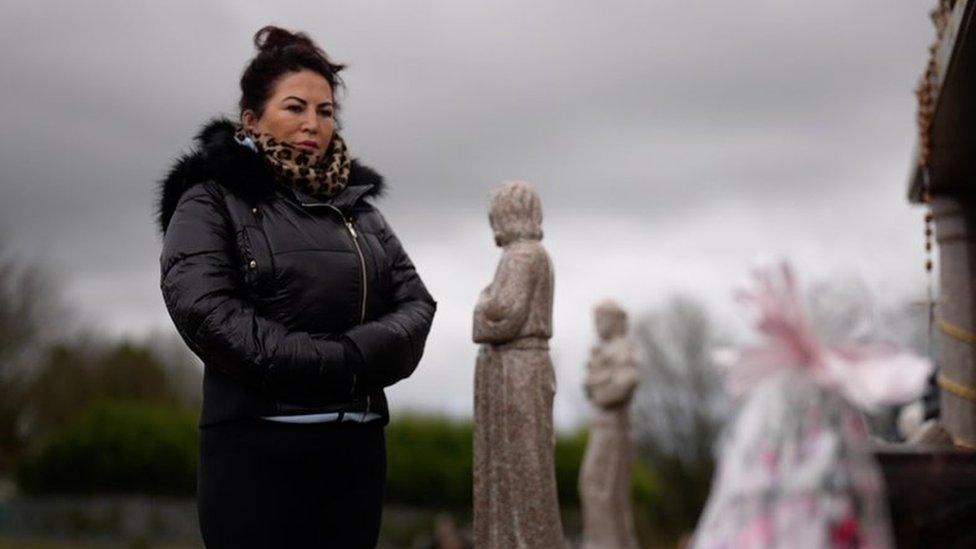
- Published2 September 2024
